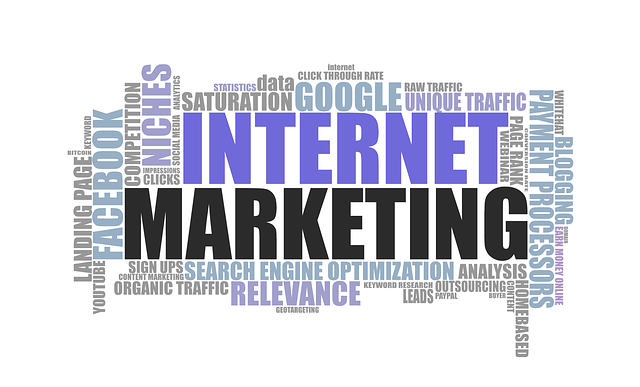AI-driven landscaping transforms outdoor spaces with advanced pest detection and AI allergen tracking for residential gardens. Leveraging real-time data from sensors and climate patterns, this technology predicts infestations, reduces chemical pesticides, and provides personalized allergy management. By monitoring pollen counts and mold spores, AI enables gardeners to make informed decisions, fostering sustainable practices and creating healthier, more vibrant gardens while ensuring safer outdoor experiences for allergy sufferers.
“Revolutionize your green oasis with AI landscaping! This article explores the transformative power of artificial intelligence in home gardening. From enhancing aesthetics to ensuring pest-free environments, AI offers innovative solutions. We delve into three key aspects: AI’s potential in residential landscaping, its revolutionary pest detection systems, and its emerging role in tracking allergens for healthier gardens. Discover how these technologies are reshaping the way we tend to our outdoor spaces.”
- Unlocking the Potential of AI in Residential Landscaping
- AI-Powered Pest Detection: Revolutionizing Garden Care
- The Role of AI in Allergen Tracking for Healthy Gardens
Unlocking the Potential of AI in Residential Landscaping

In recent years, the integration of Artificial Intelligence (AI) into residential landscaping has marked a significant shift in how we approach outdoor spaces. By leveraging AI technologies, particularly in pest detection and allergen tracking for residential gardens, homeowners can now enjoy healthier, more vibrant landscapes. AI algorithms are capable of analyzing vast amounts of data from environmental sensors, plant health indicators, and historical climate patterns to predict and prevent pest infestations before they occur.
This innovative approach not only minimizes the need for chemical pesticides but also enhances overall garden health. Additionally, AI allergen tracking systems can help residents manage allergies more effectively by providing real-time data on pollen counts and identifying specific allergens in their gardens. Such advancements offer a promising future where AI plays a pivotal role in creating sustainable, low-maintenance, and allergy-friendly residential landscapes.
AI-Powered Pest Detection: Revolutionizing Garden Care

AI-Powered Pest Detection is transforming the way we care for our gardens, offering a revolutionary approach to residential landscaping. By leveraging advanced algorithms and machine learning techniques, AI systems can now identify and track pests with unprecedented accuracy. This technology goes beyond traditional methods by not only detecting the presence of harmful insects but also predicting their behavior and potential impact on plants. With real-time data analysis, homeowners and professionals alike can take proactive measures to protect their gardens from infestations.
One of the significant advantages is its ability to monitor AI allergen tracking for residential gardens. Many pests carry allergens that can cause health issues for sensitive individuals. By continuously scanning the garden environment, AI detection systems can alert users to the presence of these allergens, enabling timely intervention and ensuring a safer outdoor space. This innovative approach promises to enhance the overall well-being of gardeners and make maintaining beautiful landscapes more efficient and sustainable.
The Role of AI in Allergen Tracking for Healthy Gardens

AI is transforming the way we care for our outdoor spaces, and its role in allergen tracking for residential gardens is a significant advancement. By leveraging machine learning algorithms, AI systems can analyze data from various sensors and cameras to identify and monitor allergens like pollen, mold spores, and other environmental triggers. This technology offers residents a proactive approach to maintaining healthy living environments.
Through continuous observation and real-time data processing, AI models detect allergen levels, providing timely warnings for individuals sensitive to these substances. By offering personalized insights, AI allergen tracking can help reduce the impact of allergies on daily life. Moreover, it contributes to creating more sustainable gardening practices, as it enables gardeners to make informed decisions about plant selection and maintenance, ensuring a balanced ecosystem while minimizing potential health risks.
The integration of AI into residential landscaping and garden care marks a significant shift towards efficient, sustainable, and healthy practices. By leveraging AI-powered pest detection and allergen tracking, homeowners can enjoy vibrant, hassle-free outdoor spaces. These technologies offer precise solutions, reducing the reliance on chemical pesticides and promoting eco-friendly methods. With AI at hand, navigating the complexities of garden maintenance becomes easier, allowing folks to focus on appreciating their lush, allergy-conscious landscapes.
